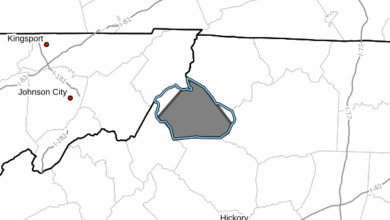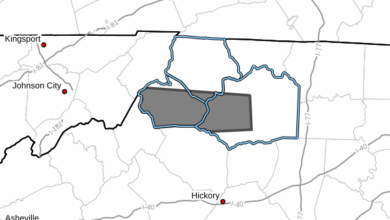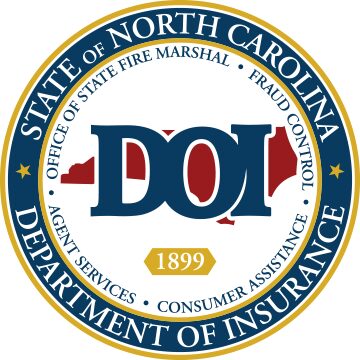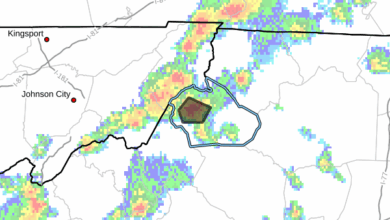Last Updated on July 9, 2019 7:34 am
Six rural North Carolina communities will share $1.2 million in federal grant funds to strengthen and expand their response to opioid use disorder with increased planning; prevention; evidence-based treatment, including medication-assisted treatment; and recovery service delivery.
This new federal funding was awarded as a $200,000 grant to each of the following: Ashe Memorial Hospital in Jefferson, Coastal Horizons Center in Wilmington, North Carolina Quality Healthcare Alliance in Chapel Hill, Robeson Health Care Corporation in Pembroke, United Way of Rutherford County in Forest City, and Wilson Substance Abuse Coalition in Wilson.
“Many North Carolinians living in rural communities struggle to access opioid use disorder treatment due to a lack of providers and insurance funding for treatment,” said Kody H. Kinsley, N.C. Department of Health and Human Services’ Deputy Secretary for Behavioral Health & Intellectual and Developmental Disabilities. “This award will support our efforts to address these challenges and help individuals obtain treatment and move into recovery.”
The Rural Communities Opioid Response Program (RCORP) is a multi-year, opioid-focused initiative by the Health Resources and Services Administration (HRSA) aimed at reducing the morbidity and mortality of substance use disorder, including opioid use disorder, in high-risk rural communities. These RCORP grants emphasize HRSA’s position that substance use disorder and opioid use disorder are community problems and require community-scale response.
Opioid use disorder is a chronic disease and opioid-involved overdose deaths are high throughout the state, with over five North Carolinians reported dying each day from an unintentional opioid overdose. The impact is felt at a higher rate in rural areas — from 2013-2017, there was a 130 percent increase in opioid overdose deaths in rural areas.
HRSA has previously distributed $25.5 million in grants to over 120 rural organizations to increase access to substance abuse prevention and treatment services serving rural populations across the country. This grant joins a previous round of $800,000 in RCORP planning grants, previously awarded to other North Carolina communities in 2018. The previous funds also distributed $200,000 each to Appalachian Mountain Community Health Centers in Asheville, Coastlands Ministries in Moravian Falls, Metropolitan Community Health in Washington and Western North Carolina AIDS Project Inc. in Asheville. By expanding the options for services across the care spectrum, RCORP-Planning funding will help rural North Carolinians access treatment and move toward recovery.
“Our rural communities are disproportionately affected by the opioid crisis.,” said DHHS Office of Rural Health Director Maggie Sauer. “These grants will provide communities with the opportunity to work collectively to plan and create sustainable community interventions.”
Turning the tide of the opioid crisis is one of Governor Roy Cooper’s primary goals. North Carolina’s Opioid Action Plan lays out key strategies to achieve this goal, such as reducing the oversupply of prescription opioids and increasing treatment and community awareness. Last month, DHHS hosted the Opioid Misuse and Overdose Prevention Summit to engage stakeholders to continue the effort.
As part of Governor Cooper’s focus on eliminating the opioid epidemic, his administration continues to seek grants for treatments and prevention efforts. He issued Executive Order No. 48: Prevention and Treatment of Opioid Use Disorder to pave the way for more federal funding for these efforts. In his remarks at the Summit, Governor Cooper highlighted Medicaid expansion as a critical tool that would help address the opioid epidemic by connecting people with substance use disorder with the treatment they need.
People who need help with treatment or recovery can get help by contacting their Local Management Entity/Managed Care Organization. To find out which LME/MCO serves your county, visit ncdhhs.gov.

















